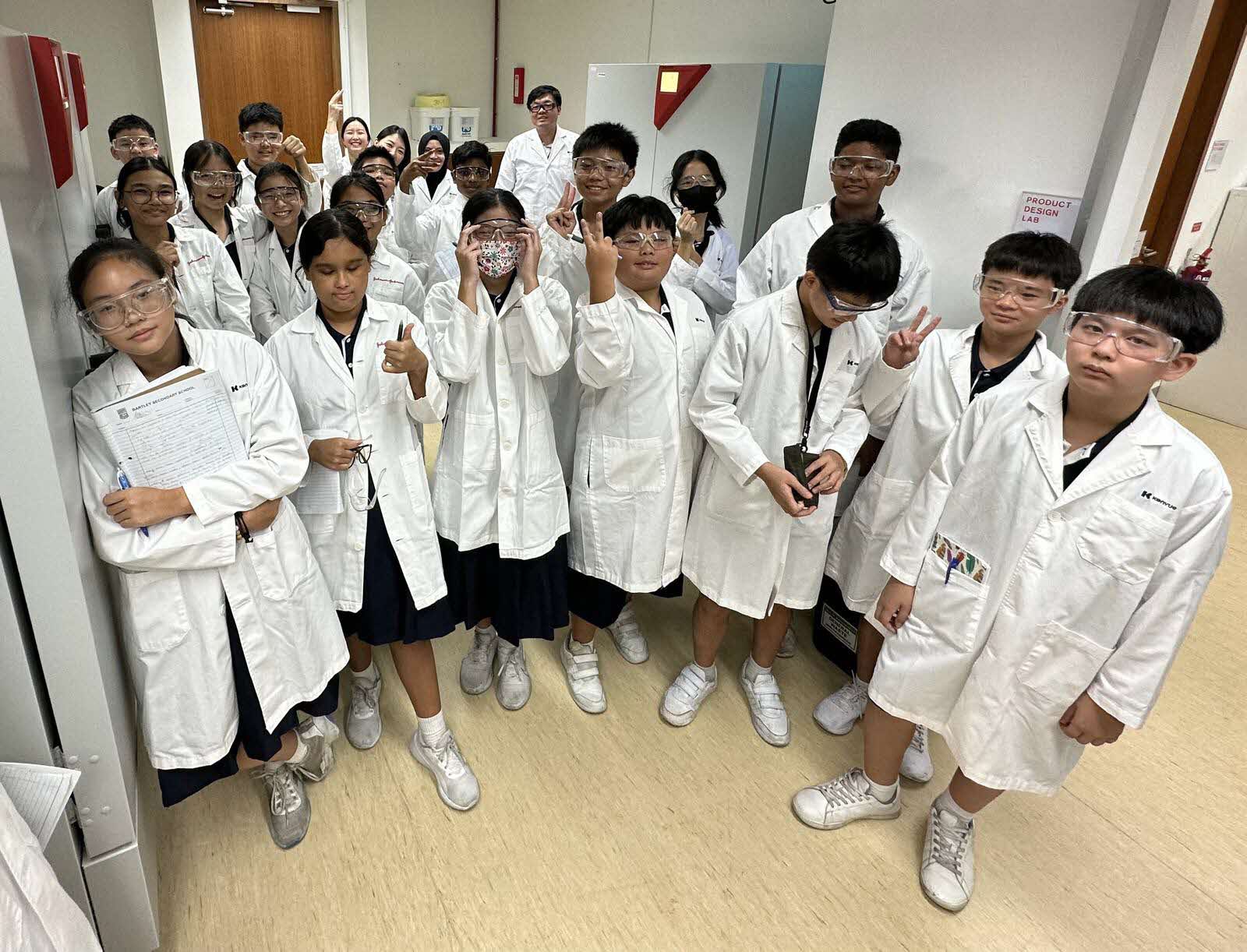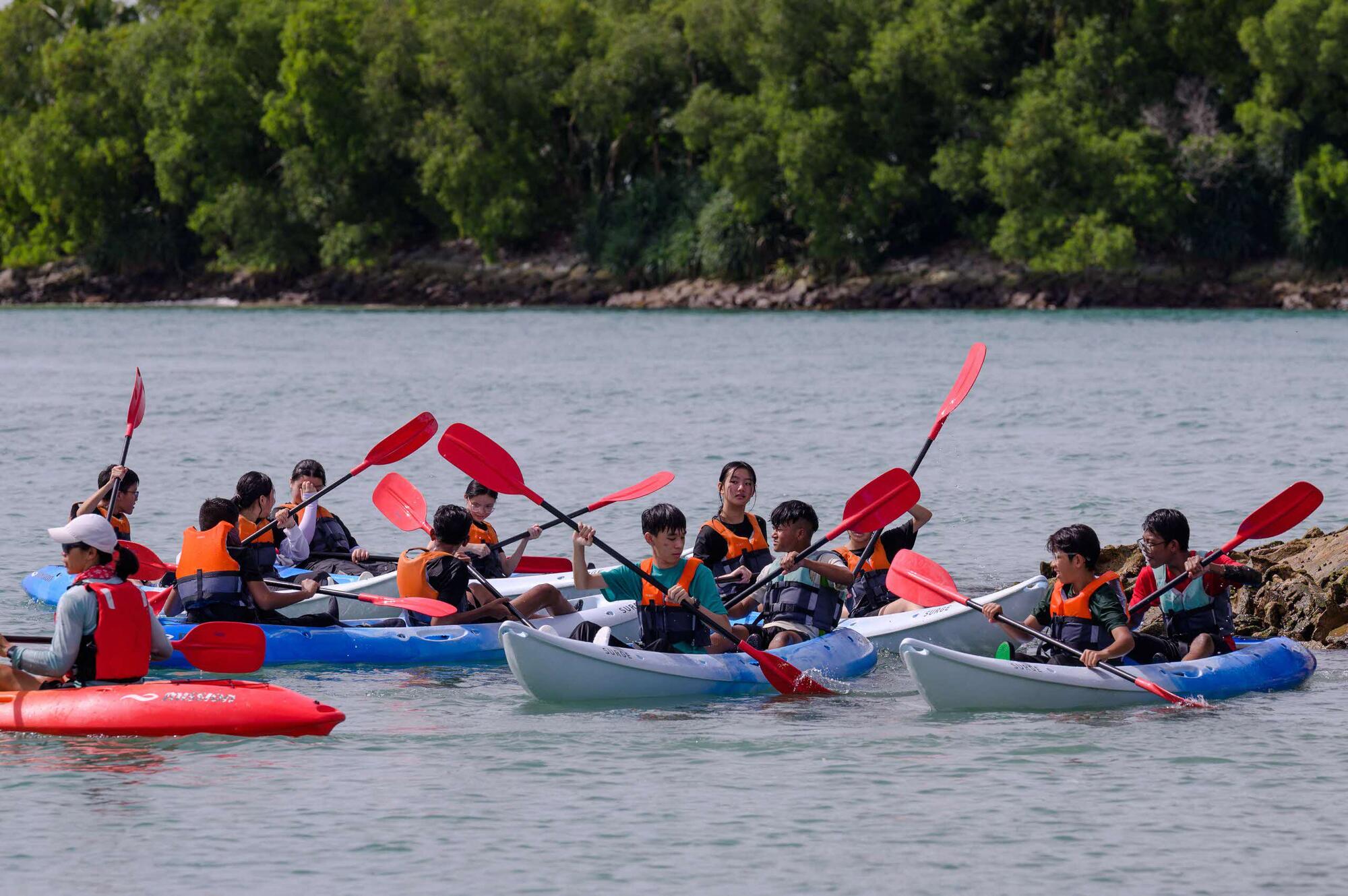To gain direct entry into Bartley Secondary School, it may help to follow your nose. That’s because the school lists “Fragrance” as one of its Direct School Admission (DSA) areas of talent.
The DSA exercise allows all pupils to apply to a secondary school even before sitting for the Primary School Leaving Examination (PSLE). The early admission is based on an area of talent, which could include sports or performing arts.
‘Fragrance’ is just one of the more unusual areas offered by schools under the DSA scheme. Others include community and youth leadership, outdoor adventure, debating, photography, and environmental science.
Here, we uncover three of these unusual DSA talent areas; we sniff out what schools look out for in their prospective students, and what students can expect upon admission.
Can you smell your way to success?
We know of science labs in school, but a fragrance lab?
Bartley Secondary School is the only school in Singapore that specialises in fragrance, or in more technical terms, ‘Chemical and Applied Science in Fragrance’. This is done through its Applied Learning Programme (ALP), which helps students connect what they learn in class to what happens in the working world. So it makes scents, and sense, to welcome students through its DSA who show an inclination towards this area of science.
Unsurprisingly, it is the only school in Singapore that boasts a fragrance lab that allows students to discover the secret of scents.
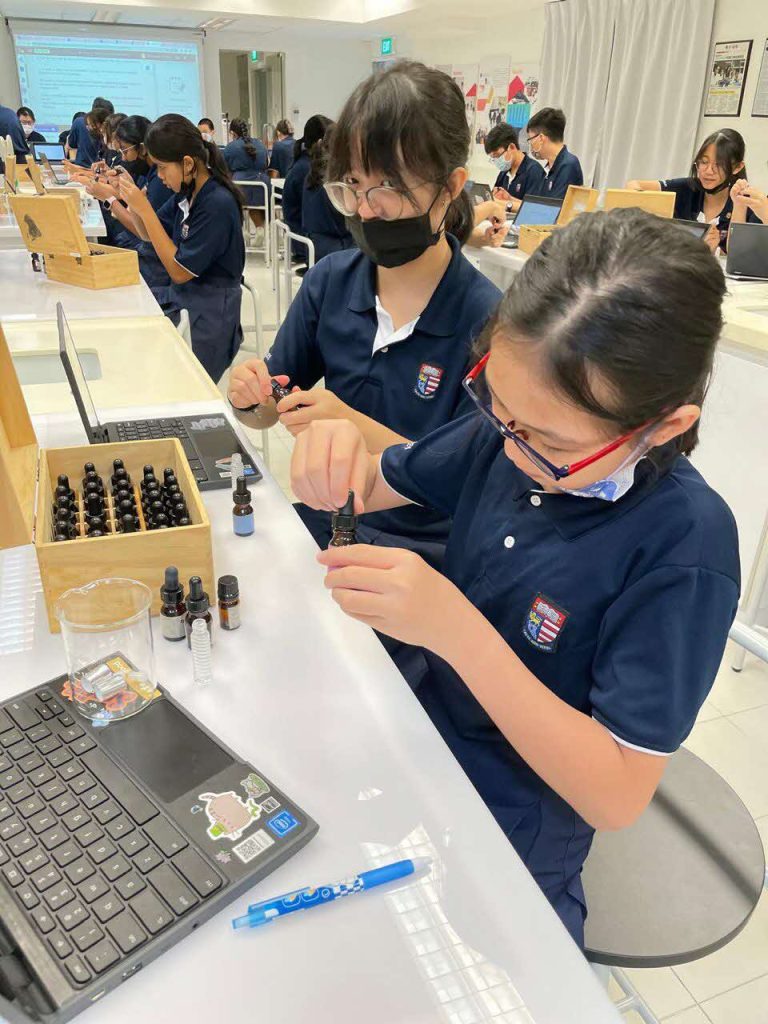
At the lab, students extract scents from plants, and learn about what exactly makes a smell, smell. They discover what makes a smell pleasing – from a whiff of freshly baked cookies to the fragrance of shampoos. In geekier terms, they study the functional groups and atomic arrangements of the odorant molecule.
They are not led by their noses – not metaphorically, at least. In accepting an offer of admission through the DSA exercise, students will automatically be enrolled in the CurioSTE Club CCA. On top of the broad-based opportunities available to all students at Bartley Secondary to learn about the fundamental concepts of fragrance, students in CurioSTE Club have access to programmes at a higher tier.
For instance, they can explore mixing and matching different smells to create fragrances unique to them. They also use in-house 3D printers to design their perfume bottles.
Learning also happens beyond school as they go on learning journeys to Scentopia Sentosa, Procter and Gamble (P&G) Singapore Innovation Centre, or Johnson & Johnson, among other organisations. They experience how perfumers gather feedback from consumers to improve their products and develop new fragrance technologies.
Collaborations with industry players like P&G opens the doors for students to explore potential career paths in Science, Technology, Engineering and Mathematics (STEM)-related fields within the personal care and fragrance industry, enriching their academic knowledge and career aspirations. During the learning journeys, there are hands-on activities, sensory experiences, and career-related panelist sessions that continue to excite students to find out more about perfumery.
There are also opportunities for students to take up Advanced Elective Modules in Perfumery and Cosmetic Science in Singapore Polytechnic.
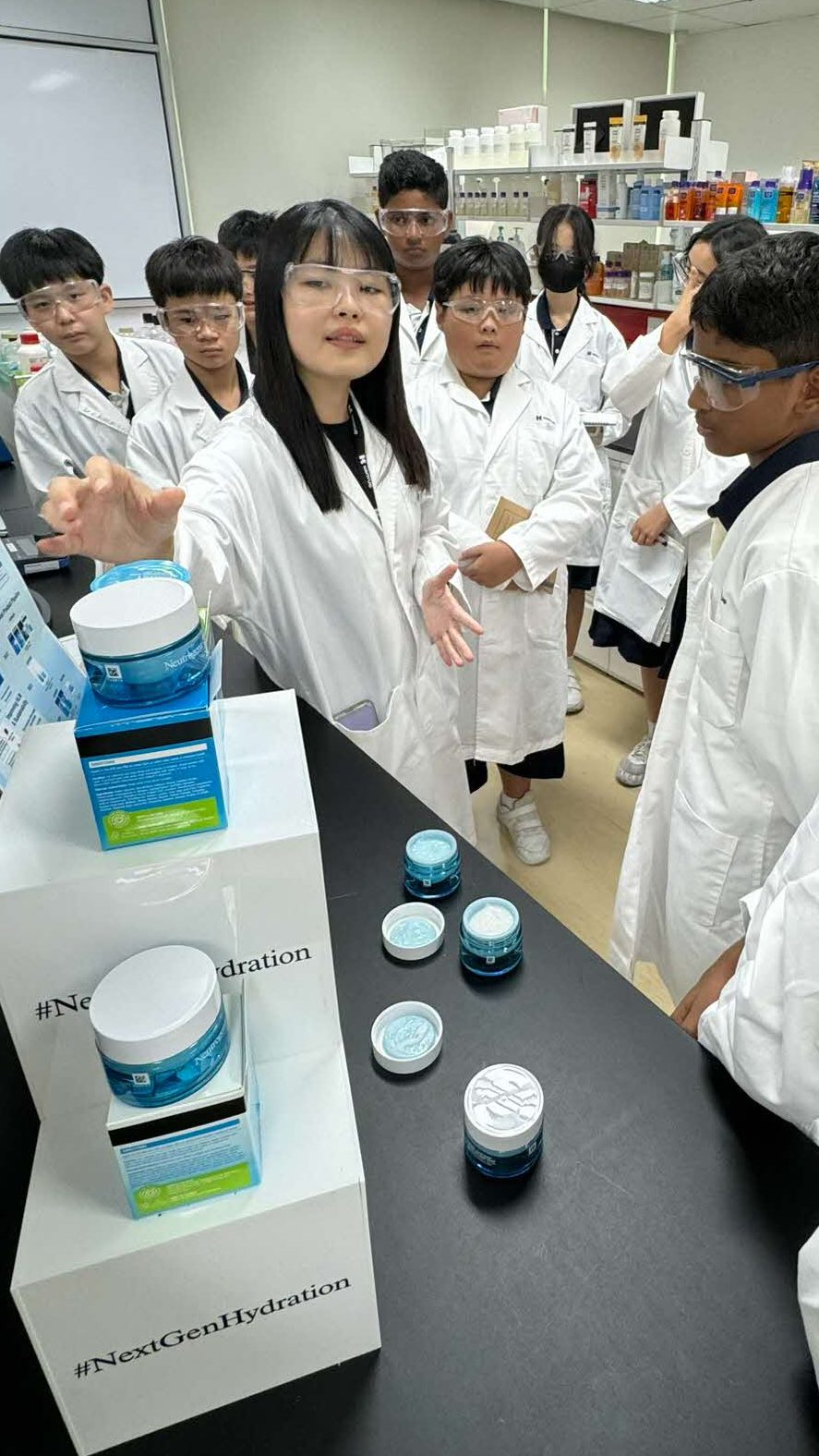
How does the school identify prospective DSA students?
“It’s not about how discerning your sense of smell is,” says Mdm Ryn Quek, the Head of Department of Science at Bartley Secondary. “We look out for students with a genuine interest in STEM. They can prepare for the interview by researching basic concepts related to fragrance, or sharing their prior experiences in science-related activities.”
“Even if students do not have extensive experience, we look out for their enthusiasm and willingness to learn. After all, beyond fragrance chemistry, what we hope to achieve through the DSA and ALP is a passion for scientific inquiry and experimentation. These hands-on experiences and industry collaborations gear students up to be confident and creative problem-solvers, which are skills they will carry for life.”
Can your sense of adventure be measured?
Calling all thrill-seekers: you may enter Christ Church Secondary through a DSA in Outdoor Adventure.
The school has its own Adventure Learning Facility, which includes an abseiling wall, a zipline, a rock wall, and even its own Challenge Course.
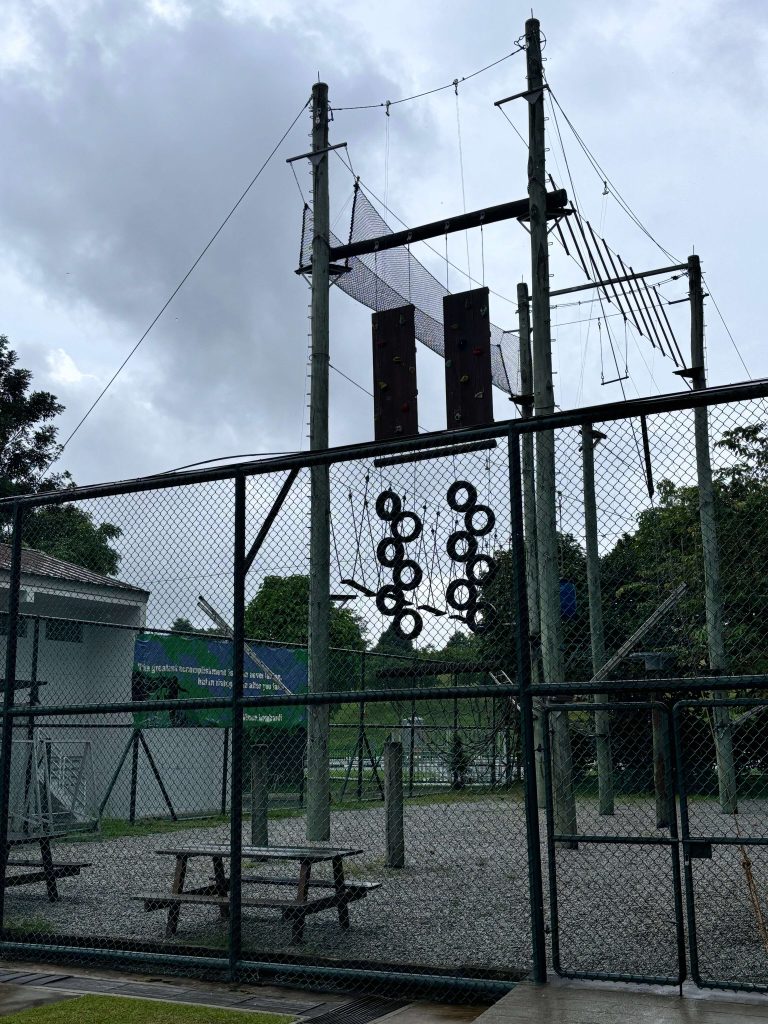
Students will have the opportunity to take part in the MOE-Outward Bound Singapore Challenge Programme, Kayaking Orientation Programme (KOP), and even obtain certification with the Singapore Mountaineering Federation. These activities are a few, of many, that are part of the school’s Learning for Life Programme (LLP), which is focused on outdoor adventure learning. These initiatives under the LLP help develop students’ character and values.
DSA students will be enrolled in the school’s Outdoor Adventure Club (OAC), where they can take on leadership roles. During class or cohort camps, they are also given the opportunity to lead, particularly when there are outdoor elements involved.
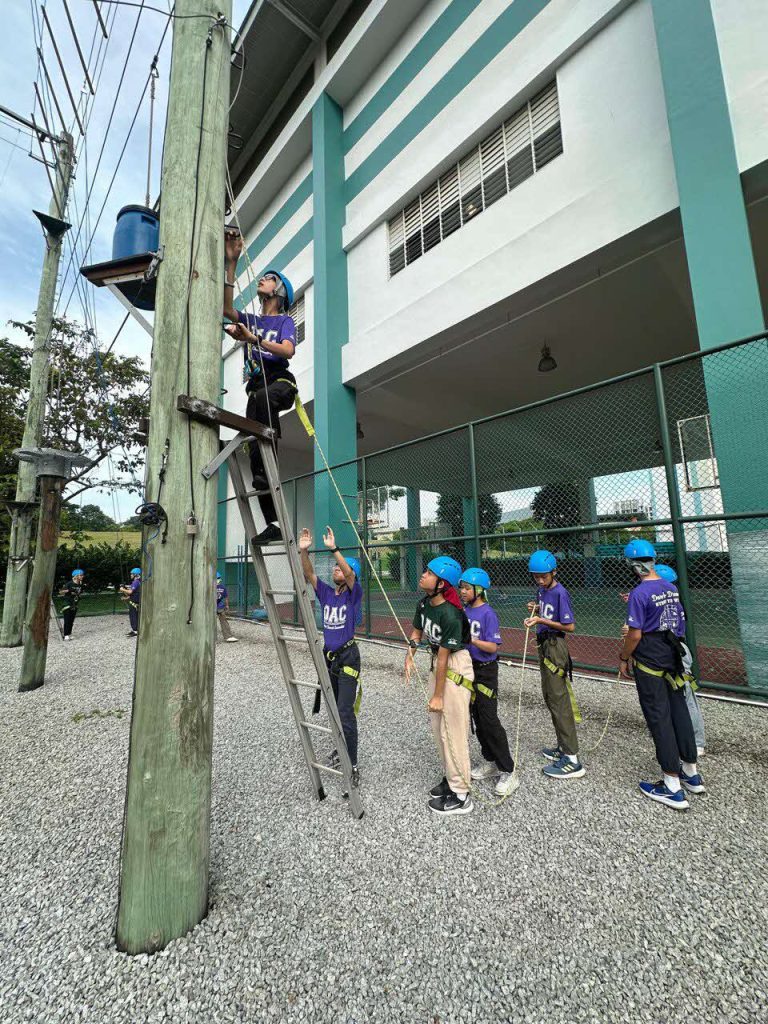
How does the school assess one’s interest in outdoor adventure?
“We look out for students who have been actively involved in outdoor adventure activities, such as kayaking, climbing, or trekking, among others,” says Ms Sheereen Loke, the teacher-in-charge of the OAC. “Even if you have no prior experience in these activities, you would not be alone.” All prospective DSA students go through three components to the selection process: a challenge test, a situational test, and an interview.
“Ultimately, it’s not about how one can ‘prepare’ for the DSA selection, or build a ‘portfolio’ of outdoor activities. The selection process seeks to identify students willing to challenge themselves beyond their comfort zones, and can adapt to various scenarios,” Ms Loke says.
For instance, Lee Qin Ling, who is in Secondary 4 now, entered the school through DSA. Then, she did not have much experience being outdoors. Says Ms Loke, “But she showed an eagerness to learn and had a positive attitude when going through the challenges during the selection stage.”
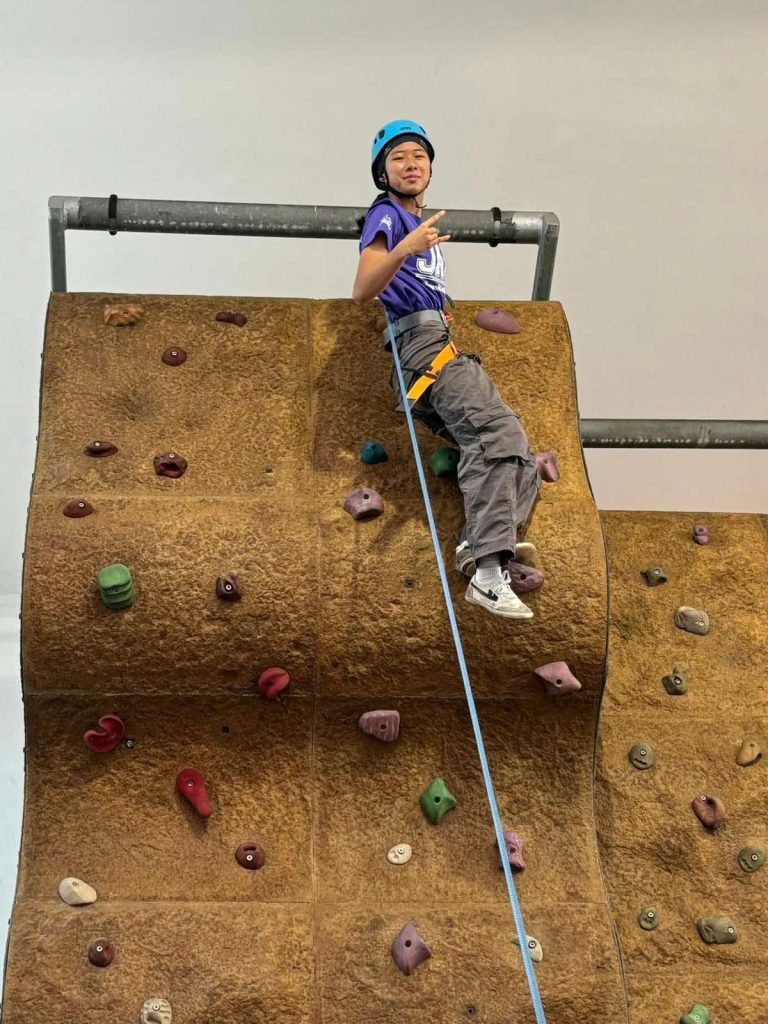
Qin Ling eventually took on a leadership role in the school’s OAC, and stepped out of her comfort zone to lead and guide her peers through activities and games.
A big flex is how the qualities developed during their time in the OAC take students far beyond just outdoor adventure. In Secondary 3, Qin Ling eventually stretched herself by taking on subjects at a more demanding level. She credits her OAC experience for instilling discipline and self-control in her.
Ms Loke adds, “Beyond just how quickly one can scale a wall or tie a rope, these are the skills that will help students overcome the obstacles that life may bring.”
Can you secure a DSA spot by being kind?
In a nutshell, yes, according to Punggol Secondary School, which offers a DSA pathway in Community and Youth Leadership.
“We look out for students who have positively contributed to the community, which could even be through acts of kindness to their peers and teachers,” says Ms Jasmine Goh, Head of Department for Character and Citizenship Education.
This is part of the school’s Learning for Life (LLP) programme, where students lead the way in serving the needs of the those around them.
DSA students are immediately enrolled into the Interact Club CCA. From Secondary 1, students share ideas on how they wish to contribute. These include leading the school in mass dance, organising festive celebrations, and even planning a candle-lit lunch for teachers.
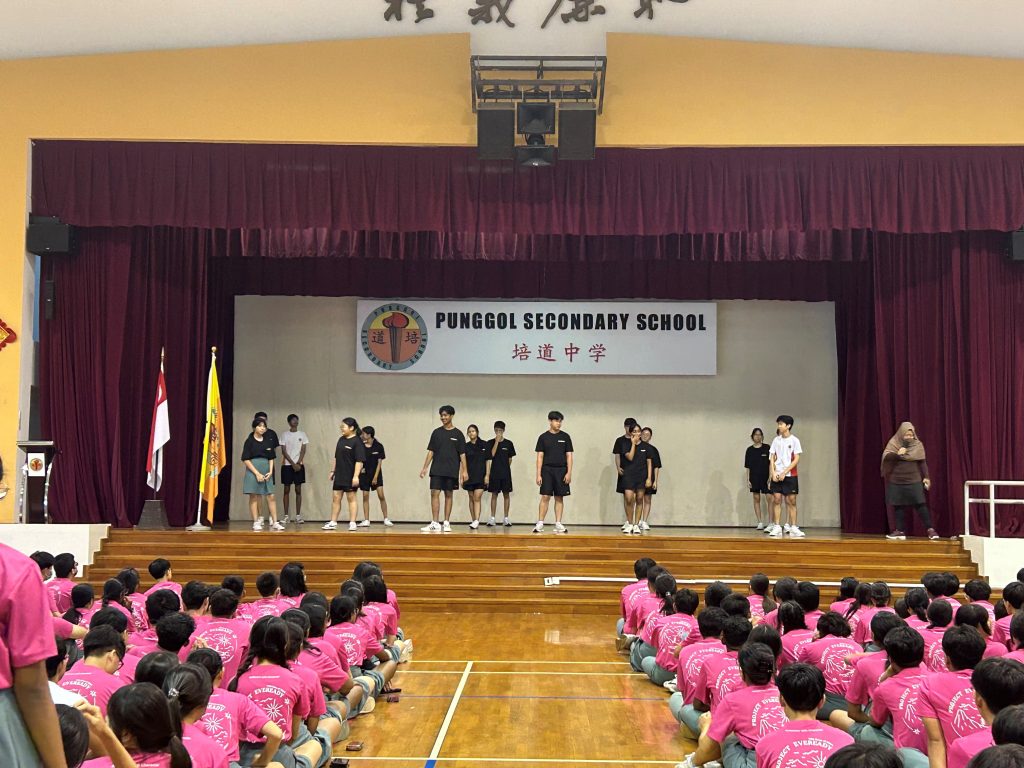
Danish Yuhadi, president of the Interact Club, is a successful candidate from the DSA exercise in 2021. He led the school’s multi-generational Raya Celebration in 2023, based on the idea for ‘everyone – young and old’ to join in the Hari Raya festivities as a community.
The celebration met its objective by involving pre-schoolers from PCF Sparkletots, teenagers from the Interact Club, and elderly residents from Pertapis Senior Citizens Fellowship Home.
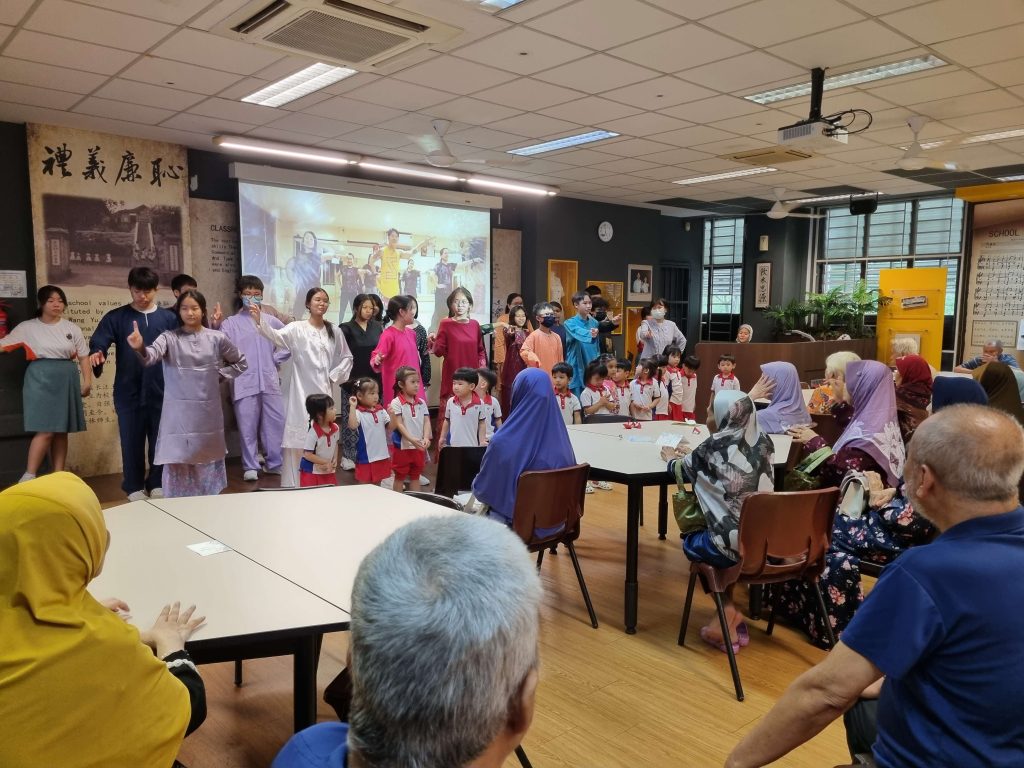
How does the school determine if students in the DSA have a heart for service?
“Prospective DSA students will attend an interview. We can observe students demonstrating these traits or skills through their behaviour and interactions during this time, such as how they propose creative solutions to hypothetical problems posed to them. We also ask for their potential contributions should they be accepted via DSA.”
Ms Goh concludes, “Apply for this impactful DSA if you have a genuine heart in helping others! In essence, this talent area is about working together with our friends, and stepping up to be an active contributor. This makes a difference in our community, no matter how small.”



